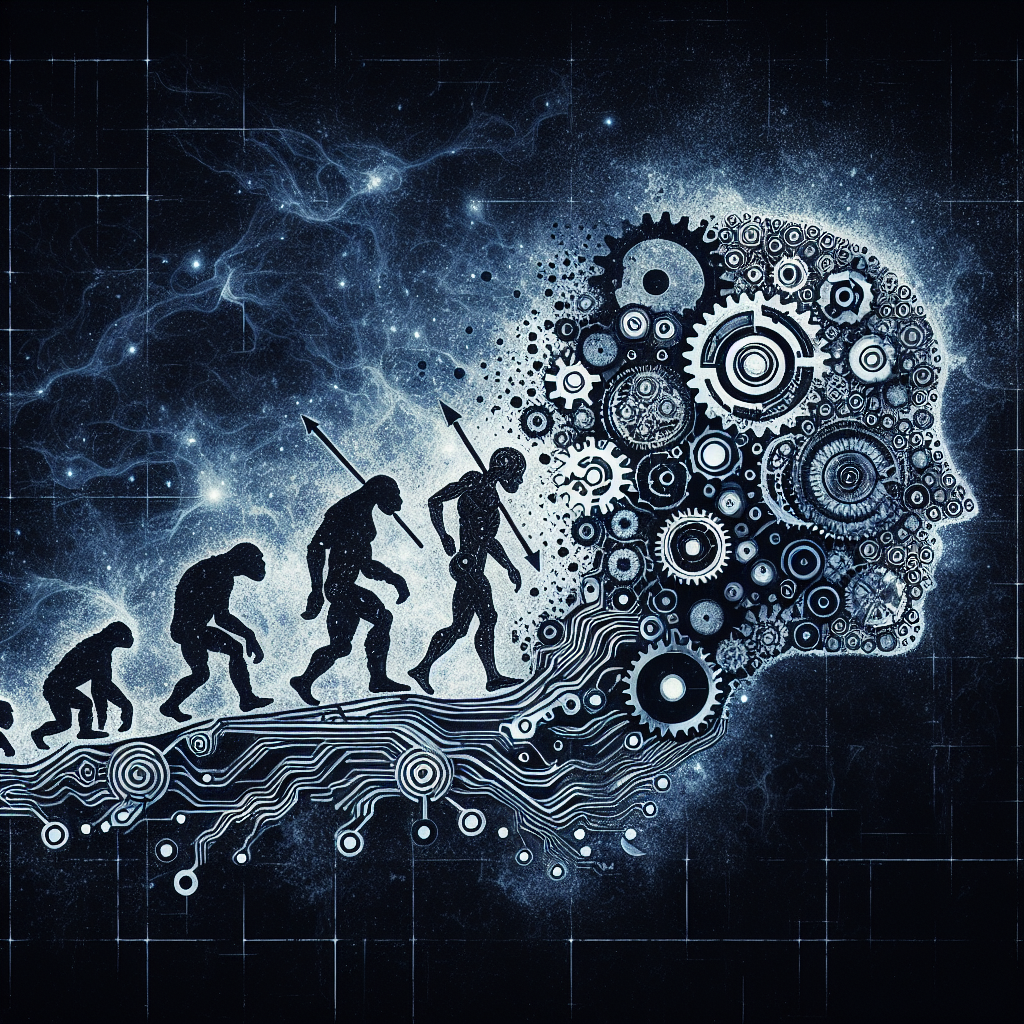Artificial intelligence (AI) has made significant advancements in recent years, particularly in the realm of creativity. From writing music and painting to designing logos and creating advertisements, AI is increasingly being used to assist and even replace human artists in various creative tasks.
The evolution of AI in the creative realm has been driven by advancements in deep learning, a subset of machine learning that involves training algorithms on large amounts of data to recognize patterns and make predictions. This has enabled AI to develop the ability to generate creative outputs that are indistinguishable from those created by humans.
One of the most well-known examples of AI in the creative realm is Google’s DeepDream, a neural network that uses deep learning algorithms to generate psychedelic images based on input images. DeepDream has been used to create unique and visually stunning artworks that push the boundaries of traditional art forms.
Another example of AI in the creative realm is Jukedeck, a platform that uses AI to generate music based on user preferences. Users can input parameters such as mood, tempo, and genre, and Jukedeck will generate a unique piece of music that fits those criteria. This has revolutionized the music industry by providing a quick and cost-effective way to create original music for various projects.
AI has also been used in the realm of graphic design, with tools like Logojoy and Canva using AI algorithms to generate logos and designs based on user input. These platforms have made it easier for businesses and individuals to create professional-looking designs without the need for a graphic designer.
In the advertising industry, AI has been used to create personalized and targeted advertisements that are tailored to individual preferences and behaviors. Companies like Persado use AI algorithms to generate ad copy that is optimized for engagement and conversion, leading to higher click-through rates and sales.
AI has also been used in the fashion industry, with companies like Stitch Fix using AI algorithms to predict customer preferences and recommend personalized clothing items. This has revolutionized the way people shop for clothes, making it easier to find items that match their style and fit.
Overall, the evolution of AI in the creative realm has opened up new possibilities for artists, designers, and marketers to create innovative and engaging content. While AI has the potential to streamline and enhance creative processes, it also raises questions about the role of human creativity and the ethical implications of using AI in the creative realm.
FAQs:
Q: Can AI truly be creative?
A: While AI can generate creative outputs that mimic those of humans, the debate over whether AI can truly be creative is ongoing. Some argue that creativity is a uniquely human trait that involves emotion, intuition, and personal experience, which AI lacks. Others believe that AI can be creative in its own way, by combining existing ideas and patterns to generate original outputs.
Q: Will AI replace human artists?
A: While AI has the potential to assist and even replace human artists in certain tasks, such as generating music or designing logos, it is unlikely to completely replace human creativity. Human artists bring a unique perspective, emotion, and experience to their work that AI cannot replicate. AI is more likely to be used as a tool to enhance and streamline creative processes, rather than replace human artists entirely.
Q: What are the ethical implications of using AI in the creative realm?
A: The use of AI in the creative realm raises ethical questions about copyright, ownership, and authenticity. For example, who owns the rights to a piece of music or artwork generated by AI? Can AI be held accountable for plagiarism or copyright infringement? These are important questions that need to be addressed as AI continues to evolve in the creative realm.
In conclusion, the evolution of AI in the creative realm has opened up new possibilities for artists, designers, and marketers to create innovative and engaging content. While AI has the potential to streamline and enhance creative processes, it also raises questions about the role of human creativity and the ethical implications of using AI in the creative realm. As AI continues to evolve, it will be important for society to consider these questions and ensure that AI is used responsibly and ethically in the creative realm.

